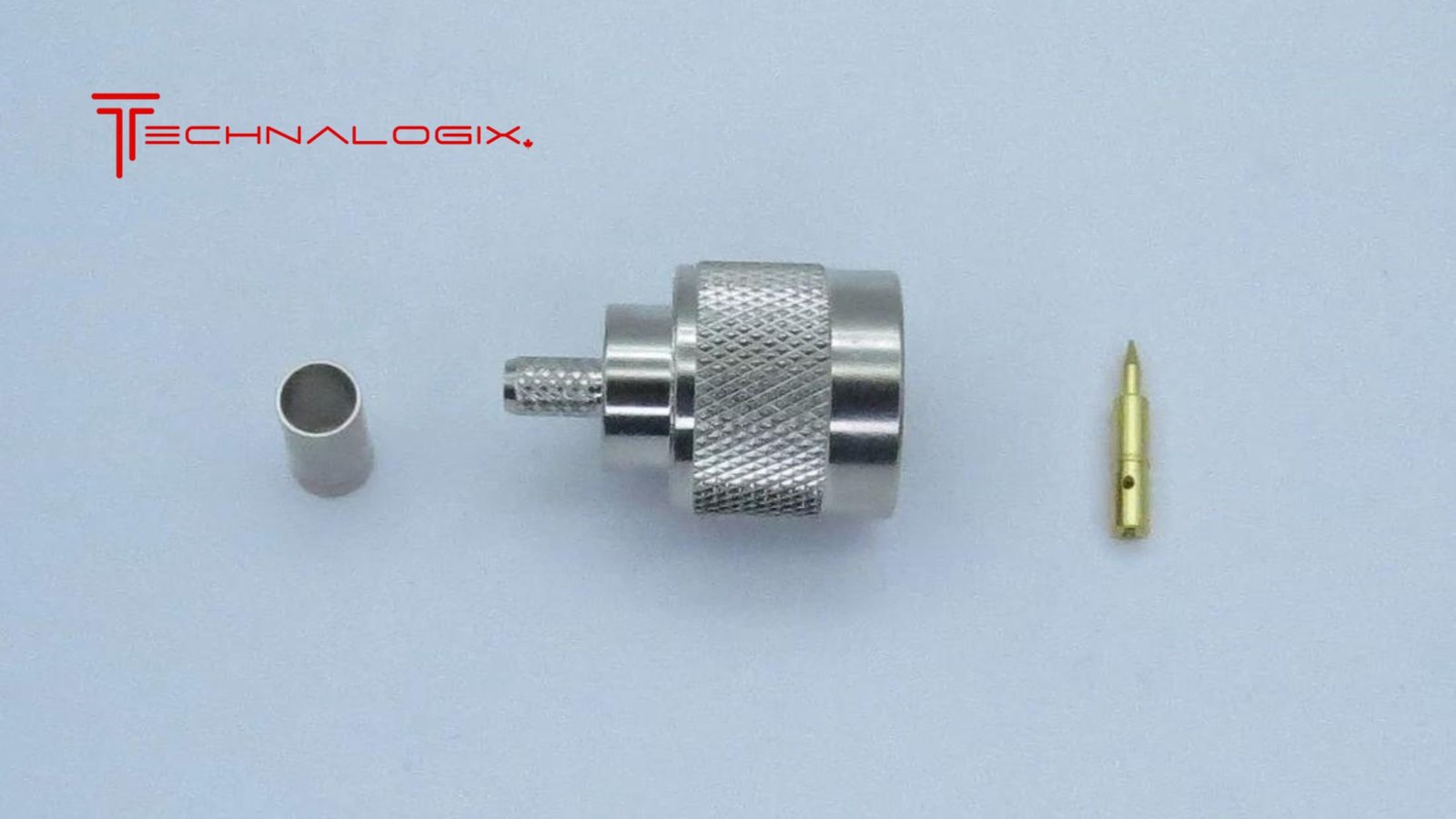BNC connectors stand as stalwart guardians in the vast landscape of electronic connections, facilitating seamless communication between devices. However, amidst the sea of authenticity lies the treacherous territory of counterfeit BNC connectors, silently waiting to wreak havoc on unsuspecting users. Unveiling these imposters requires a keen eye and a grasp of the subtle cues that betray their true nature.
Understanding BNC Connectors
Before diving into the depths of counterfeit detection, let’s first grasp the fundamentals of BNC connectors. Named after the “Bayonet Neill-Concelman” mechanism that secures them in place, these connectors are predominantly used in video and RF applications. Their robust design and ease of use make them popular in industries ranging from broadcasting to telecommunications.
Identifying the Real Deal
- Material Matters
Genuine BNC connectors boast a sturdy build and are typically crafted from high-quality materials such as brass or nickel. Counterfeits, on the other hand, may skimp on materials, resulting in flimsy construction that is easily discernible upon inspection. Pay close attention to the weight and feel of the connector – authenticity often reveals itself in the heft and solidity of the product.
- Precision Engineering
One hallmark of authentic BNC connectors is their precise engineering. From the smooth operation of the bayonet locking mechanism to the snug fit when mating with a receptacle, every aspect should exude craftsmanship. Any hint of roughness or inconsistency signals a potential counterfeit lurking in the midst.
- Logo Legitimacy
The devil lies in the details, and nowhere is this truer than in the case of counterfeit BNC connectors. Scrutinize the logo engraved or printed on the connector’s body – authentic products exhibit clear, crisp markings that reflect the manufacturer’s attention to branding. Fuzzy or distorted logos are red flags indicative of subpar quality.
- Performance Parameters
Functionality serves as the ultimate litmus test for authenticity. Genuine BNC connectors deliver reliable performance, maintaining signal integrity and minimizing signal loss. Put them through their paces with rigorous testing to ensure they meet the specified parameters without faltering. Any deviation from expected performance warrants further investigation into their authenticity.
- Price vs. Value
In the marketplace, price often serves as a barometer of authenticity. While genuine BNC connectors may command a higher price tag, they offer unparalleled value in terms of reliability and longevity. Beware of suspiciously low-priced offerings that seem too good to be true – they likely conceal the hidden cost of compromised quality.
Mitigating the Risks
Armed with these insights, navigating the labyrinth of counterfeit BNC connectors becomes a manageable endeavor. However, vigilance remains paramount in safeguarding against potential threats. Establishing trusted relationships with reputable suppliers and manufacturers ensures a steady supply of authentic connectors while minimizing the risk of encountering counterfeits.
Final Verdict
The world of BNC connectors may seem daunting at first glance, but with the right knowledge and approach, distinguishing between authentic products and counterfeits becomes second nature. By heeding the cues outlined above and exercising due diligence in procurement, users can rest assured knowing that their connections are fortified against the insidious threat of counterfeiting. After all, in electronics, authenticity reigns supreme.
